Aixa Beauchamp has worked in philanthropy for over twenty years. She is the president of the Latino Legacy Fund, which she co-founded in 2013 as a partnership between Latino philanthropists, Hispanics in Philanthropy, and The Boston Foundation. The work of the Fund has taken on a new sense of urgency with COVID, as Chelsea, the cultural anchor of the Latino community and home to thousands of immigrants, became the epicenter of the pandemic in Massachusetts. In a recent Boston Globe Op-Ed, Aixa argued that philanthropic funds too often overlook communities like Chelsea. “We would like to believe we can bring about a fair process of funding, but long-held unconscious and implicit biases, cultural differences, decision-making power, and unequal access to funders make this impossible.”
Q: When many people think of the word “philanthropist,” they think of older white men who pay to put their name on buildings. Is there truth to this stereotype?
A: Yes. Some people still see philanthropy this way, so they say, “well, I can never be a philanthropist.” However, that’s slowly changing. There’s been a big, growing movement to create funds like women’s funds, Latino funds and other equity funds. These funds are often better equipped to respond to the immediate needs of their communities.
Q: You’ve worked in philanthropy most of your career. What does this mean, exactly?
A: I started working at the New York Community Trust, one of the largest community foundations in the country, which typically gives away about $50 million a year to nonprofits in New York, Long Island and Connecticut. I was in charge of the health disparities and people with special needs portfolio. The Trust job taught me how large foundations decide who gets funded, and who doesn’t and the inequities already built into the system based on who you know. I also worked for the London Association of Community Trusts, a membership organization for community foundations. Both experiences taught me how foundations favor the larger, well-established nonprofit institutions with strong philanthropic relationships, connected civic and corporate networks.
Q: A few years ago, you Co-founded the Latino Legacy Fund. Tell me about it.
A: I was on the Board of Directors of Hispanics in Philanthropy, and they had provided seed grants to establish Latino funds in a couple states. A colleague and I went to The Boston Foundation with the idea of starting a fund in Boston. After much negotiation, the Boston Foundation agreed — the time was ripe because Latinos were becoming the fastest growing population in MA. That’s how the Latino Legacy Fund began, in 2013, with a $500,000 seed grant from Hispanics in Philanthropy and The Boston Foundation.
In 2014 we began making grants of $10-25,000, with a focus on organizations that work to improve the educational outcomes of Latinos, from early childhood through college. What started as an idea to leverage dollars from Latinos to support their community has mushroomed; now the Latino Legacy Fund is a key player in an emerging, dynamic, and energized ecosystem for Latino leadership. In a resource-rich and diverse city like Boston that continues to struggle with segregation and economic inequality, bodies like the Latino Legacy Fund are increasingly important for elevating Latino voices, issues, and leadership. It plays a valuable role in its focus on strengthening the Latino community, shining a light on issues, and promoting Latino philanthropy.
Q: Where did you get the urge to raise money and give it away? Were your parents philanthropists?
A: I grew up in Williamsburg, Brooklyn (before it became the hipster capital of the U.S.), of Puerto Rican parents. I was the first in my family to attend college. My family always was philanthropic, but they practiced informal philanthropy, common in Latino communities. My father came from humble beginnings, but because he was a small business owner, he had a little more than most people in the neighborhood. Growing up, he’d ask me to round up my friends who didn’t have enough money for books or school supplies and he’d take them to the local Walmart and buy them what they needed. He was the type of father who would give you that dollar he didn’t have. That’s informal philanthropy. Latinos do a lot of informal philanthropy, mostly within their extended family and sometimes in their neighborhoods and with close friends.
Q: How did you get into more formal philanthropic work?
A: As an undergrad I studied social work at Adelphi University, but I quickly learned I did not have the fortitude for it. This was the 1980s. I was working at Catholic Charities, and there was a big uptick at the time in child abuse and neglect cases. Social service agencies were providing tertiary but not preventive care to address the issue– that’s when I became interested in policy. I wanted to learn more about what policies helped to ameliorate the causes of child abuse and neglect. What I witnessed as a practitioner was that many of the abuse and neglect cases referred to Catholic Charities were from higher poverty neighborhoods. These neighborhoods often had higher crime rates, poorer performing schools, and fewer adults employed. My interest in understanding what drove the uptick led me to Harvard’s Kennedy School for a Master’s in Public Administration, where I learned about foundations and the work they were doing in child and family policy.
Q: COVID is hitting Latino communities hard. Why?
A: The pandemic has highlighted public health and economic disparities that the media is just now exposing, but have been there all along.
Let me tell you a story about Puerto Rico to explain the situation here. In Puerto Rico, 30% of the population lives below the poverty line. We all knew this. But here’s what happened: After hurricane Maria, all the greenery was gone and suddenly when we drove down the highways we could see with our own eyes the massive poverty that existed. It had been there all along, but it was no longer hidden by the immense trees. That’s what COVID did here; it unmasked the severe disparities that already existed in our communities.
Q: If you were invited to the White House, would you go? If so, what would you say to Trump?
A: No. I consider myself a typical New Yorker, which means the worst of me would come out.
Here’s what I’d want to say: This moment requires unprecedented action from business and government to think, act and invest in reducing the inequities and confront the structural racism and obstacles that have inhibited inclusive economic growth in communities of color for decades and centuries. The question now is, how do we develop a coordinated and deliberate intervention at the policy level to transform the playing field for communities of color and other vulnerable communities. Without it, the economic future for these communities will continue to be bleak. Unfortunately, this is not in Trump’s headspace.
We have the opportunity now to do this. Philanthropy can and must play a role in seeding ideas that government has failed to deliver on. This defining moment calls us to be tenacious in our actions and demands for transformative change and more significant philanthropic equity.


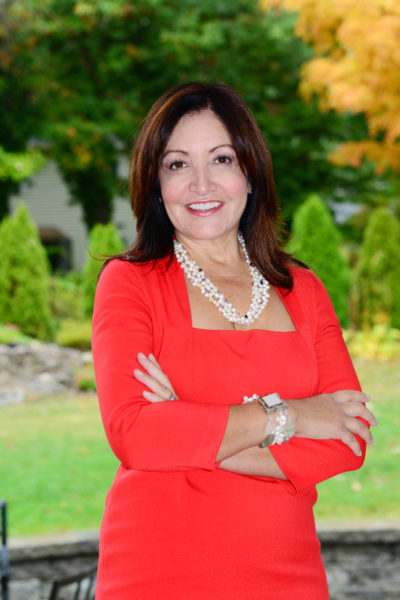
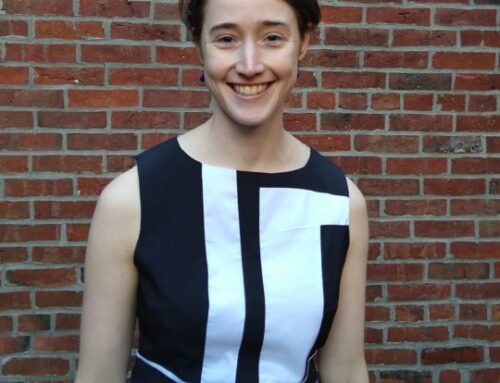
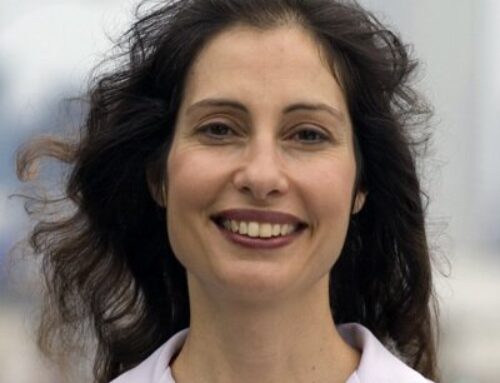
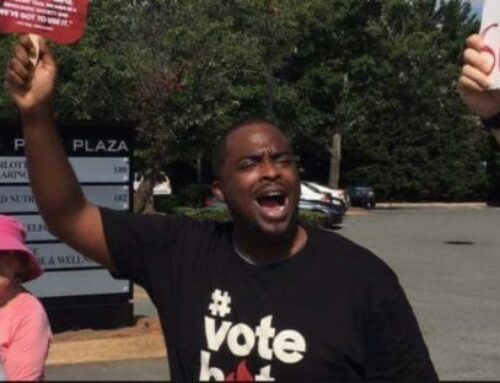
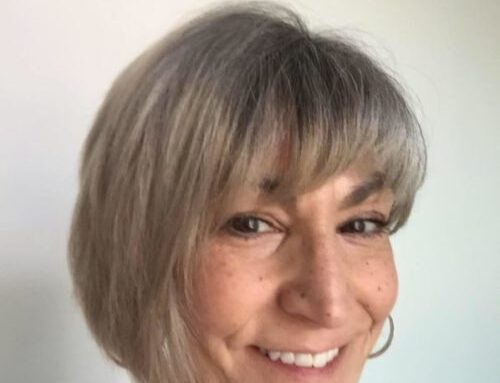
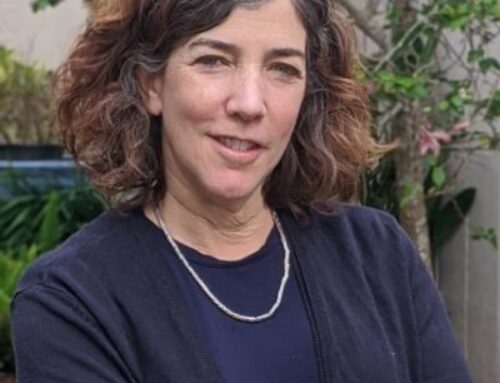
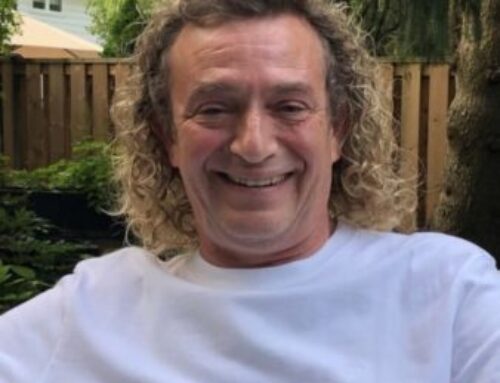

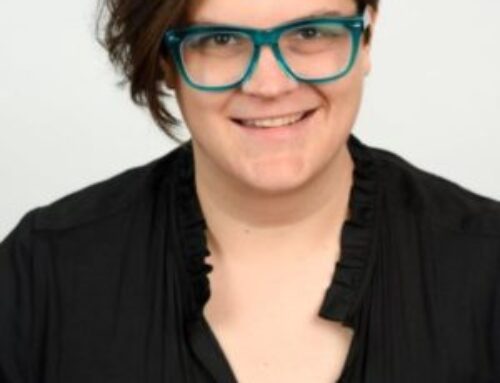
Leave A Comment